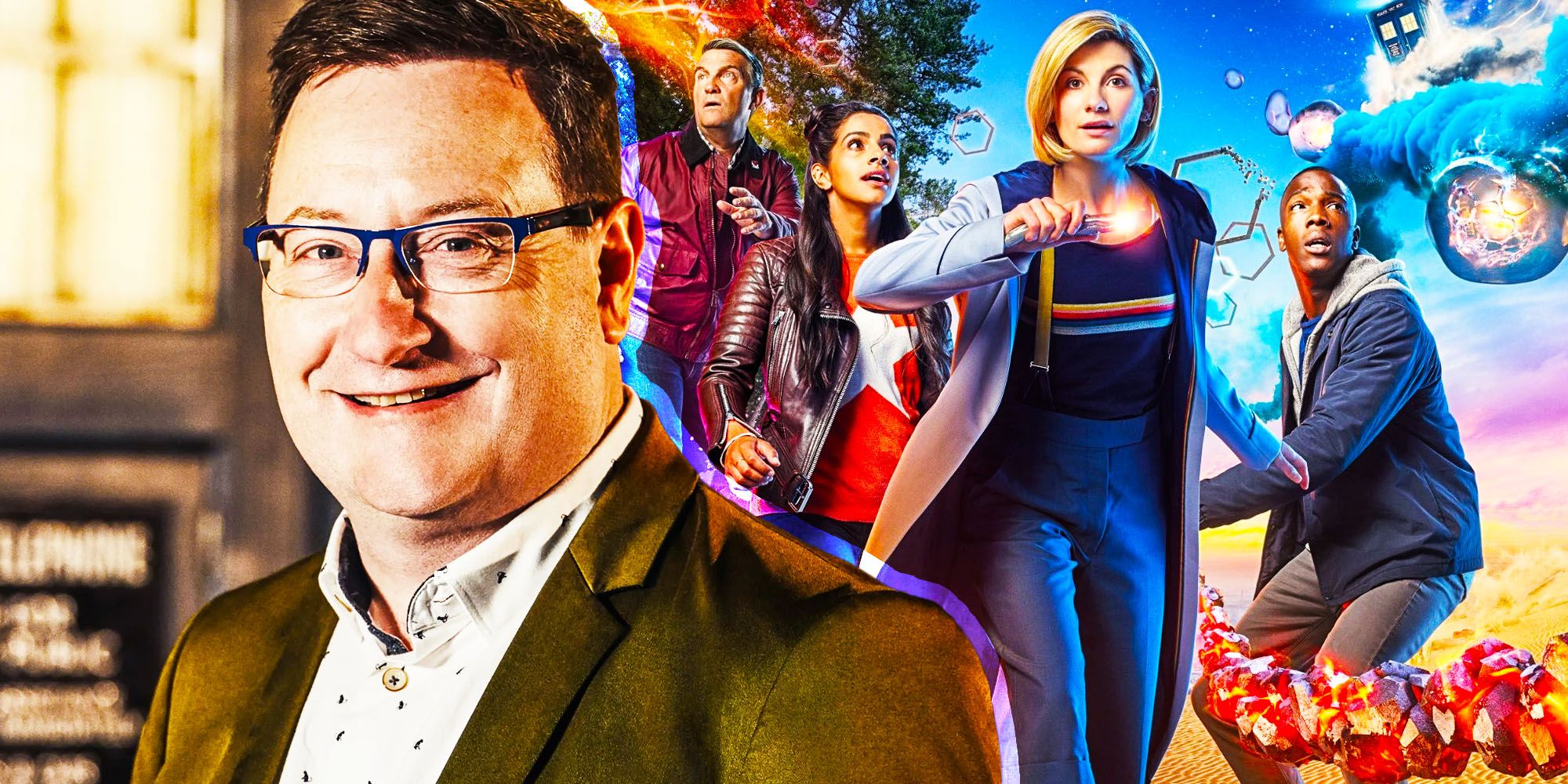
Doctor Who showrunner Chris Chibnall has confirmed he is departing after 2022 - but what went wrong with his tenure? Chris Chibnall grew up with Doctor Who, even appearing on a BBC discussion program in 1986 as a representative of the Doctor Who Appreciation Society. It was no doubt his dream to become showrunner, taking over after Steven Moffat and introducing Jodie Whittaker as the first female Doctor.
But the Chibnall era has hardly been an unqualified success. Doctor Who has never looked better, with the showrunner attempting to improve the show's production value, but scripts and character-work have been heavily criticized. The fanbase has grown increasingly critical and divided, especially in light of the Timeless Child retcon at the end of Doctor Who season 12. Chibnall has now confirmed he is departing Doctor Who after season 13 and three specials that will air in 2022, meaning this controversial period is coming to an end. "Jodie and I made a 'three series and out' pact with each other at the start of this once-in-a-lifetime blast," he commented in an official statement. "So now our shift is done, and we’re handing back the TARDIS keys."
Naturally, this news means this is the right moment to take a retrospective at the Chibnall era. Why has it struggled so badly, and what made it so divisive?
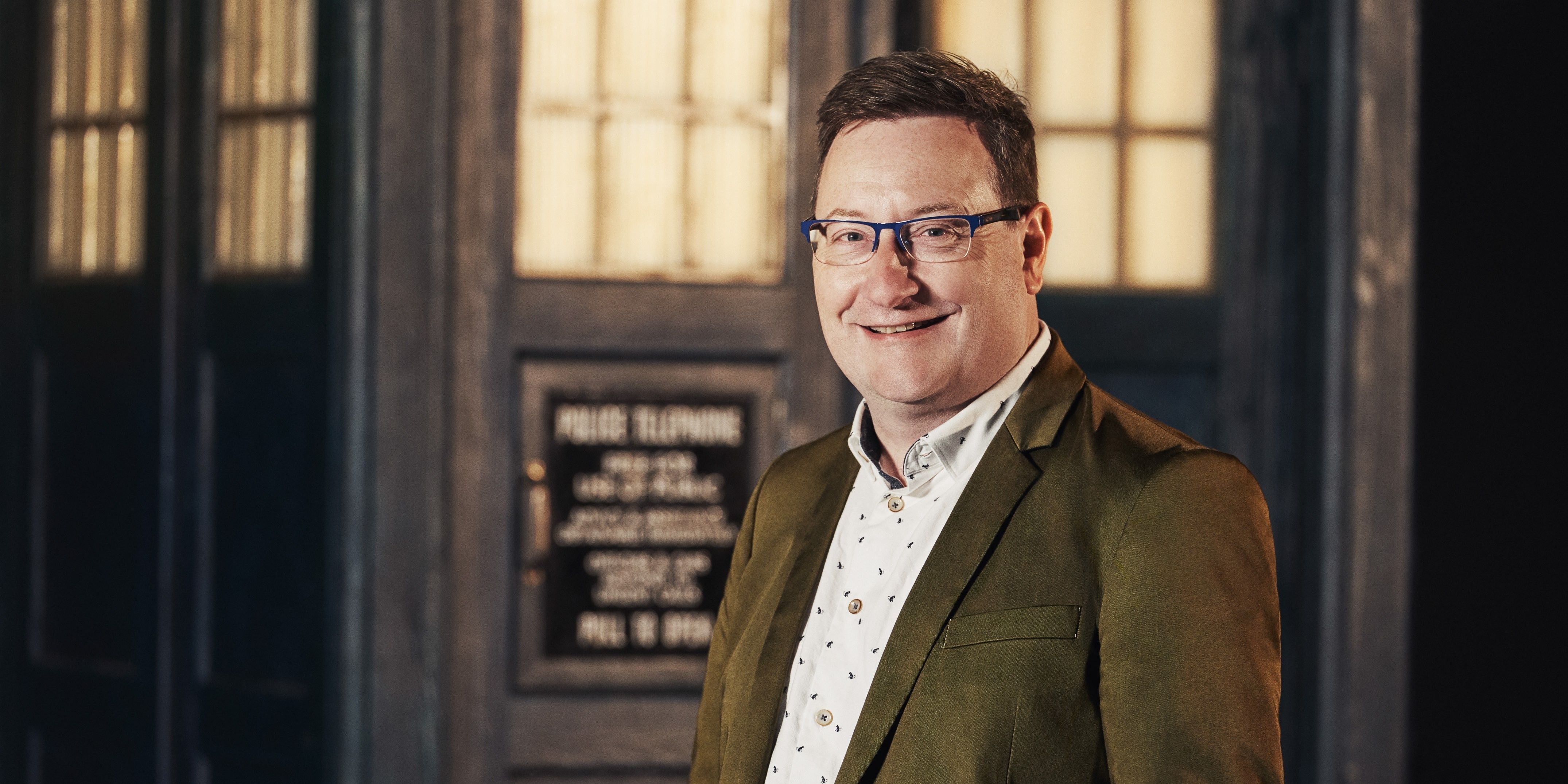
Doctor Who has a long and prestigious history, and as anyone would expect its continuity has become pretty convoluted over time. Russell T. Davies used the Time War to wipe the slate clean, establishing a new status quo in which viewers old and new both had to get to know this mysterious time traveler from scratch, and he only relented as time passed. When Steven Moffat took over, he was more comfortable using elements of Doctor Who mythology, as symbolized in "The Eleventh Hour" when the newly-regenerated Eleventh Doctor stepped into a stream of holograms showing his previous incarnations. "Hello, I'm the Doctor," he observed, claiming his decades of history. "Basically, run."
But Chris Chibnall has gone too far. He has commissioned scripts that felt very much like old-school Doctor Who episodes - it's really not difficult to imagine "Orphan 55" split into four parts, and there are even potential cliffhanger moments where the episode breaks could have taken place. And his love for classic Doctor Who was, oddly enough, perfectly demonstrated in his Timeless Child retcon; the Timeless Child concept places the classic series above the new, because it fits surprisingly well with lots of mysterious clues and enigmatic hints in the original series, but clashes massively with ideas developed under Davies and Moffat. It was, in fact, a story Chibnall dreamed up when he was watching Doctor Who back in the 1980s, and he implemented it even though it didn't fit especially well any more.
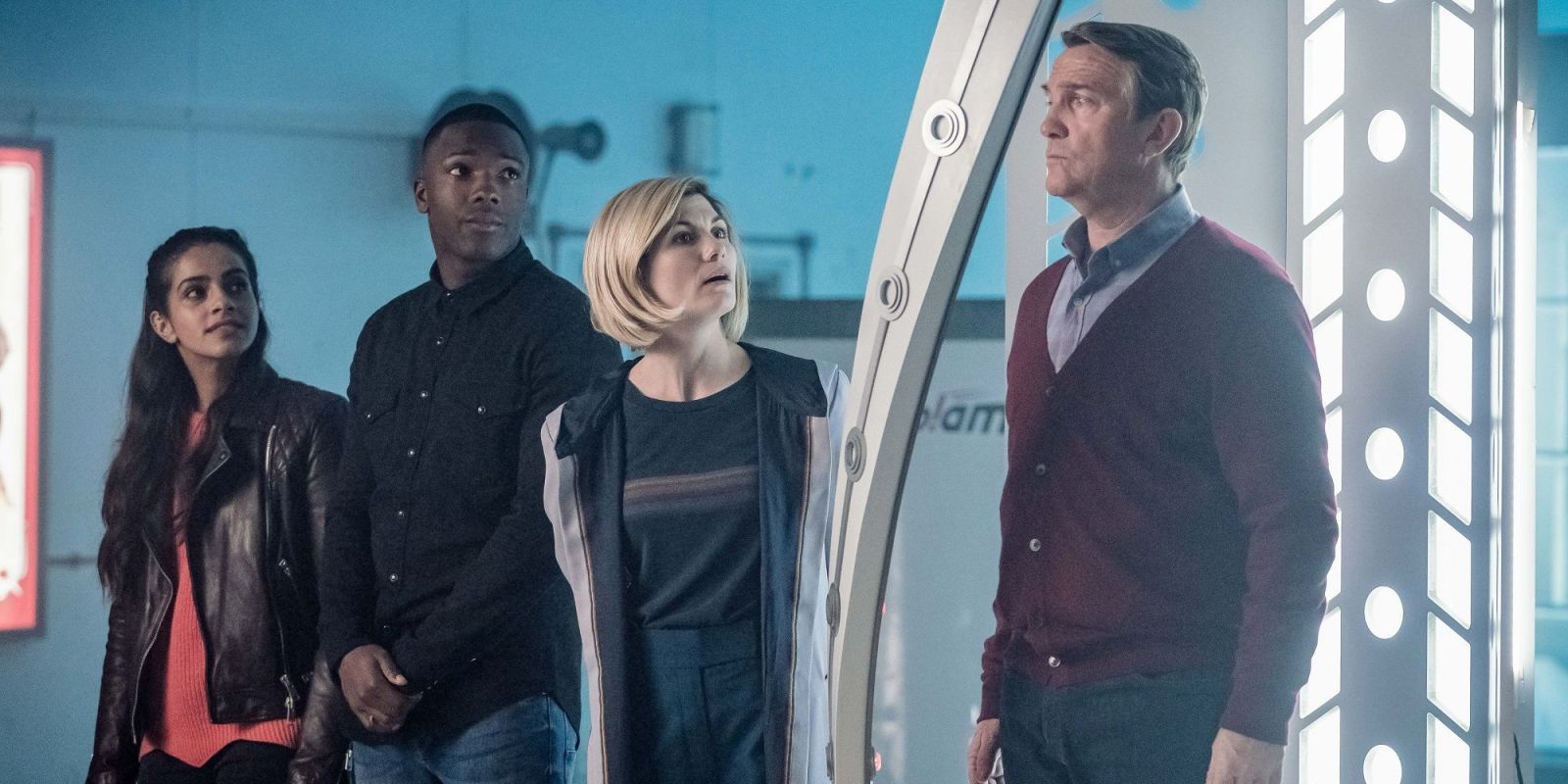
When Russell T. Davies relaunched Doctor Who in 2005, he recognized that the format needed to be updated for modern viewers. The most important change was to make the companions the heart of the story, the lens through which viewers saw the Doctor and interpreted the Doctor's actions. This narrative approach meant Davies' companions were richly-developed characters, simply to ensure people could empathize with them, and he devoted a remarkable amount of time to developing their personal lives as well. Sadly, Chibnall ditched this idea; although he stocked the TARDIS with one of the most interesting potential crews to date, he didn't spend much time fleshing them out as individuals. There were occasional stand-out stories - "Demons of the Punjab" shone a light on Yaz, while "Can You Hear Me?" finally introduced viewers to Ryan's friends. But these were few and far between.
It didn't help that the Chibnall era frequently sidelined the Doctor's companions, sending them on B-plot side-missions while the Doctor focused on the A-plot. Chibnall saw the Doctor as the viewpoint character, rather than the companions, who seemed to exist purely to give the Doctor a sense of belonging; consequently, several major defining moments in the Thirteenth Doctor's life, such as the discovery of Jo Martin's Forgotten Doctor or even the Timeless Child reveal, focused purely on the Doctor's reactions. But, given this is an ancient and enigmatic being, that really wasn't a great approach; any incarnation of the Doctor is better understood through their interpreters.
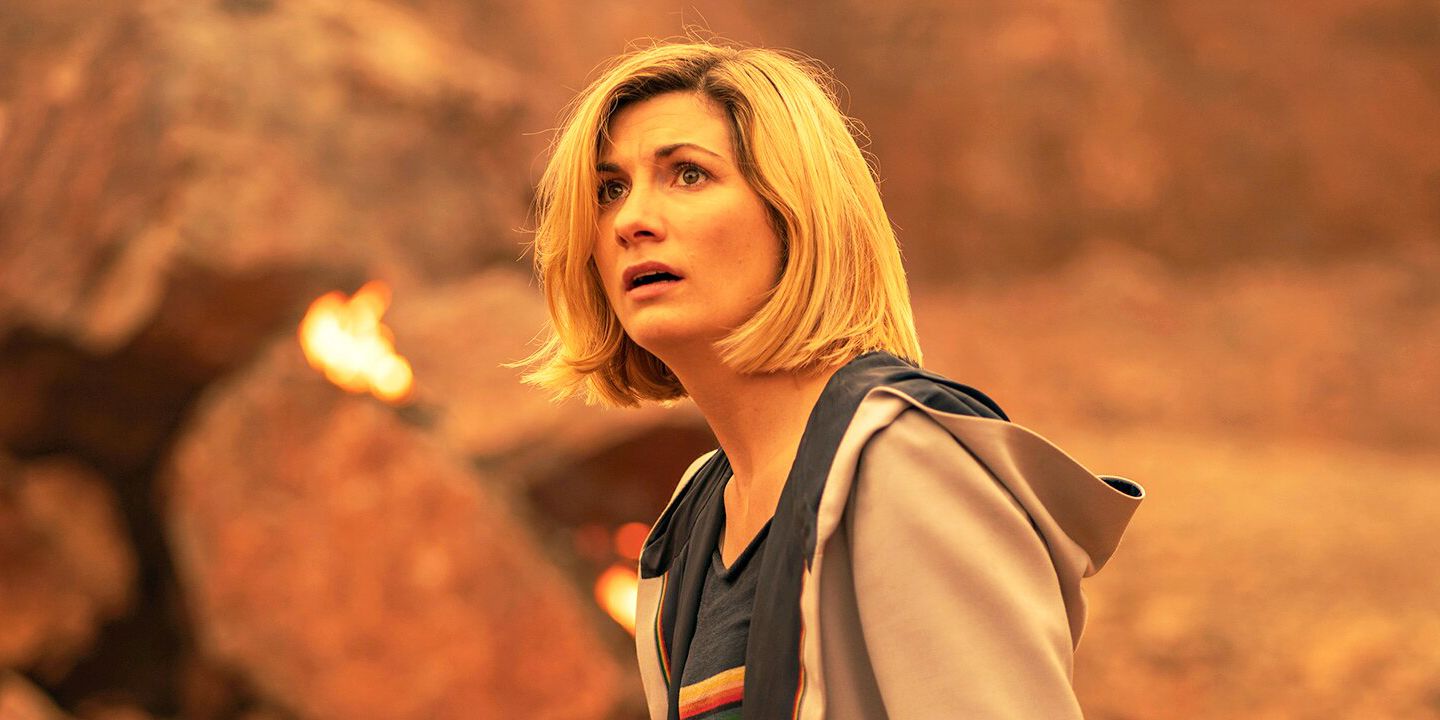
Chris Chibnall's storytelling choices have been seriously problematic, with far too many scripts depending on third-act twists that weren't effectively signposted throughout the episode. This culminated in Doctor Who season 12's "The Timeless Children," which fairly bombarded viewers with new plot elements in order to finally reveal the truth about the Timeless Child. In narrative terms, it's clumsy and frustrating, and it leads to audiences feeling increasingly disengaged.
The Chibnall era has attempted to give Doctor Who something of a social edge, but again that's been done inconsistently; Chibnall's Doctor Who has ignored the problem of British racism, a particularly frustrating choice given the showrunner set up the most diverse TARDIS team in history. What's more, when major cultural issues such as climate change have been confronted, they've been done in a blunt and overbearing manner. "Orphan 55" is a perfect example, with the Doctor coming close to breaking the fourth wall in giving a lecture to people who were tuning in. Doctor Who has always been quite political, with stories loosely inspired by the U.K.'s joining what would become the European Union in the 1970s and a number of episodes criticizing Margaret Thatcher in the 1980s, but it's usually been handled a little more creatively.
Pacing has been a core problem in recent Doctor Who stories. Davies and Moffat typically stressed the Doctor as a man of action, and even when the Doctor was giving a lecture to his befuddled companions he was on the go - either walking at speed or gesticulating wildly. These were not just affectations, though; they maintained narrative momentum, preventing the Doctor's infodumps bringing the story screeching to a halt. In contrast, in the Chibnall era photography is usually steady and stable, with the cameras frequently focusing on the Doctor's face as she stands still and talks. This approach breaks engagement, making the lectures stand out from the rest of the story so they become all viewers remember - a talking face.
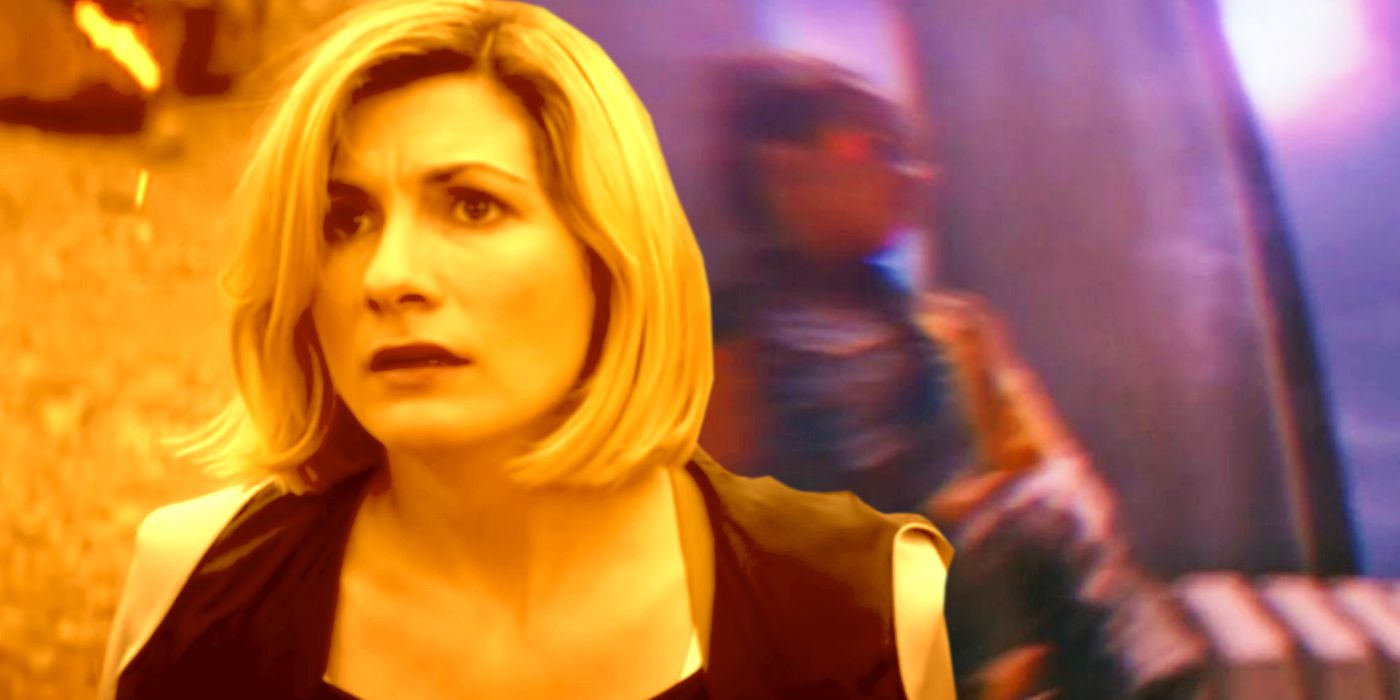
It is, of course, impossible to evaluate the Chibnall era without focusing on the Timeless Child. For better or worse, this will define Chibnall's term as showrunner. But, while this retcon has already proved deeply divisive, it is actually too soon to reach any conclusions on this matter. Chibnall has laid a new foundation for the Doctor, but he has yet to build upon it. Hopefully he will complete his work in Doctor Who season 13 and the subsequent specials, allowing the Timeless Child retcon to be assessed in completion.
The Chibnall era has, sadly, been deeply flawed. There is, however, reason to hope for Doctor Who season 13; the serialized approach Chibnall is taking plays to his strengths, because it moves to a longer form of storytelling where he has already excelled in the past. It won't be enough to redeem this period of Doctor Who's history, but hopefully it will end it on a better note.
from ScreenRant - Feed https://ift.tt/3lbFyNJ

No comments: